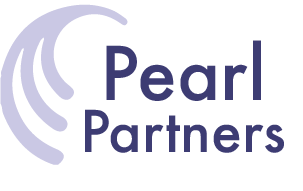My last post was about the success of Monocle, and how founder Tyler Brule’s incessant, immersive research plays a large role in this success. But it’s not the only reason Monocle is successful. JD asked the question, “Is Brule able to do this because he is part of his target market, and he is providing products and services that he, himself, would want?” This is a great question, and my answer is that while this may very well be true, it’s not enough. If it were, he could just sit behind his desk all day and dictate what he likes rather than spend time in the market.
Immersive research to get to the heart of what drives the consumer’s decision-making process is half the battle. The other half is the ability to translate what we learn about the market into products and services that actually connect with these drivers. In my experience, this is where most companies fall down. The inability to translate these intangible needs into tangible products actually encourages superficial research. It’s easy to make a direct link from what a consumer says they want, to delivering on what was described. This is great for incremental improvements, but consumers cannot tell you how to disrupt a market. Tom Martin said it well today in AdAge, “The customer is paying you to solve his problems before he even realizes he has them.”
The translation from consumer understanding to the creation of the right products and services is the other area where Brule’s team seems to be executing flawlessly. The fact that he is part of his target market may help him, but being part of his market does not automatically give him the ability to translate. We are all members of various target markets and may work for companies that make products for people like us, but the vast majority of us do not have this ability. So, Brule is good at translating in this market. For him it doesn’t matter whether or not he’s good at translation in general. For other companies, this matters a lot.
The ability to translate is equally important for all functions in an organization, yet it is a skill that is difficult to recognize. Traditional market research techniques often fail to uncover the depth of insight that will guide the development of disruptive products and services, and traditional evaluation techniques often fail to discern whether or not a disruptive idea will connect well enough to succeed. Brule clearly does this well, and I don’t even need to say more than the words “Apple vs Dell” to further illustrate the point.
I fully believe that you do not need to be in a target market to derive the right insights and translate them into the right disruptive products and services. Right now we’re seeing success with CEO’s who are good translators, but the CEO doesn’t have to be the translator. Is your company recognizing and supporting this role?

I think this is why businesses work so well in departments… the researcher can get emmersed in all that is research… but the marketing people will fiercely want a practical sales plan to come out of it.